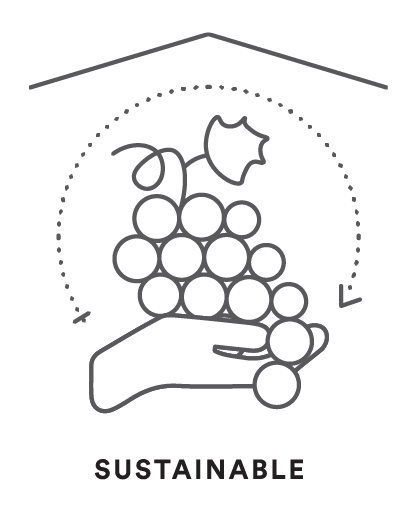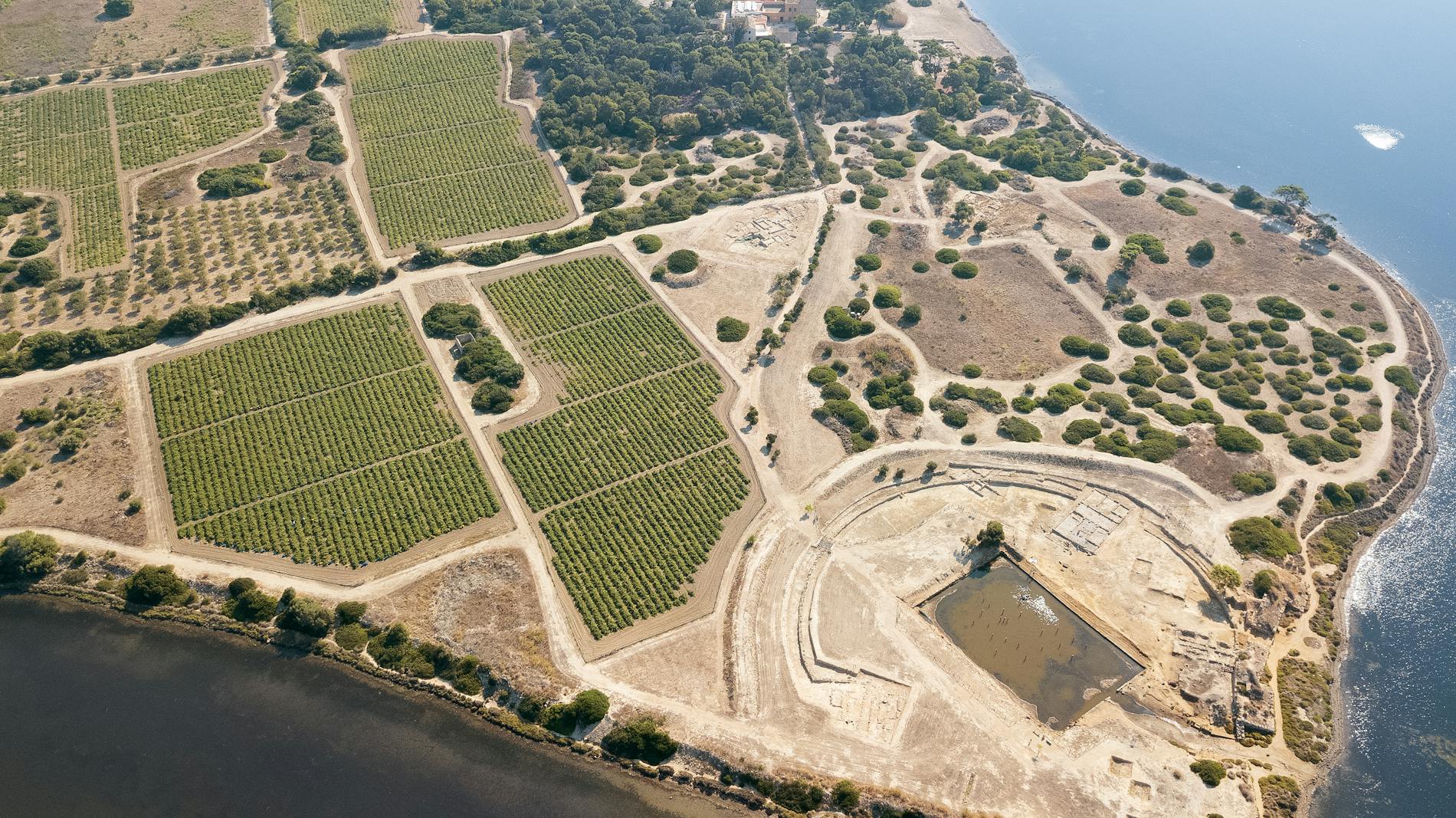
Whitaker
The Estate
The island of Mothia was first settled by the Phoenicians in the eighth century BC, marking it a flourishing settlement thanks to the island’s location. Its 40 hectares soon became one of the richest colonies of the Mediterranean.
On this Island, the destinies of two families, the Whitaker and Tasca d’Almerita, are interconnected by the backdrop of a unique ecosystem. Giuseppe Whitaker was an Anglo-Sicilian ornithologist. Conducting a series of excavations, he fell in love with Mothia and decided to spend the rest of his days here. After his death, his daughter Delia founded the Whitaker foundation, a no-profit organisation aimed to preserve the island’s natural and cultural heritage.
In 1904, the first nucleus of the Grillo variety was planted on the island. It was a blend of Catarratto and Zibibbo, to obtain a hybrid with mixed quality of both ancestors, creating a more aromatic Marsala. In 2007, the Whitaker Foundation hired Tasca d’Almerita to create a project for the promotion and recovery of Motha’s historic Grillo vineyards.

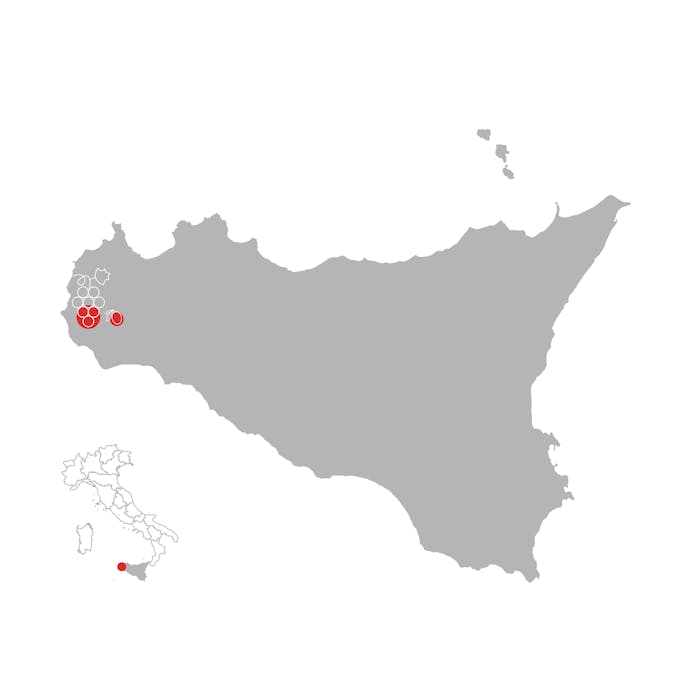
The Wine
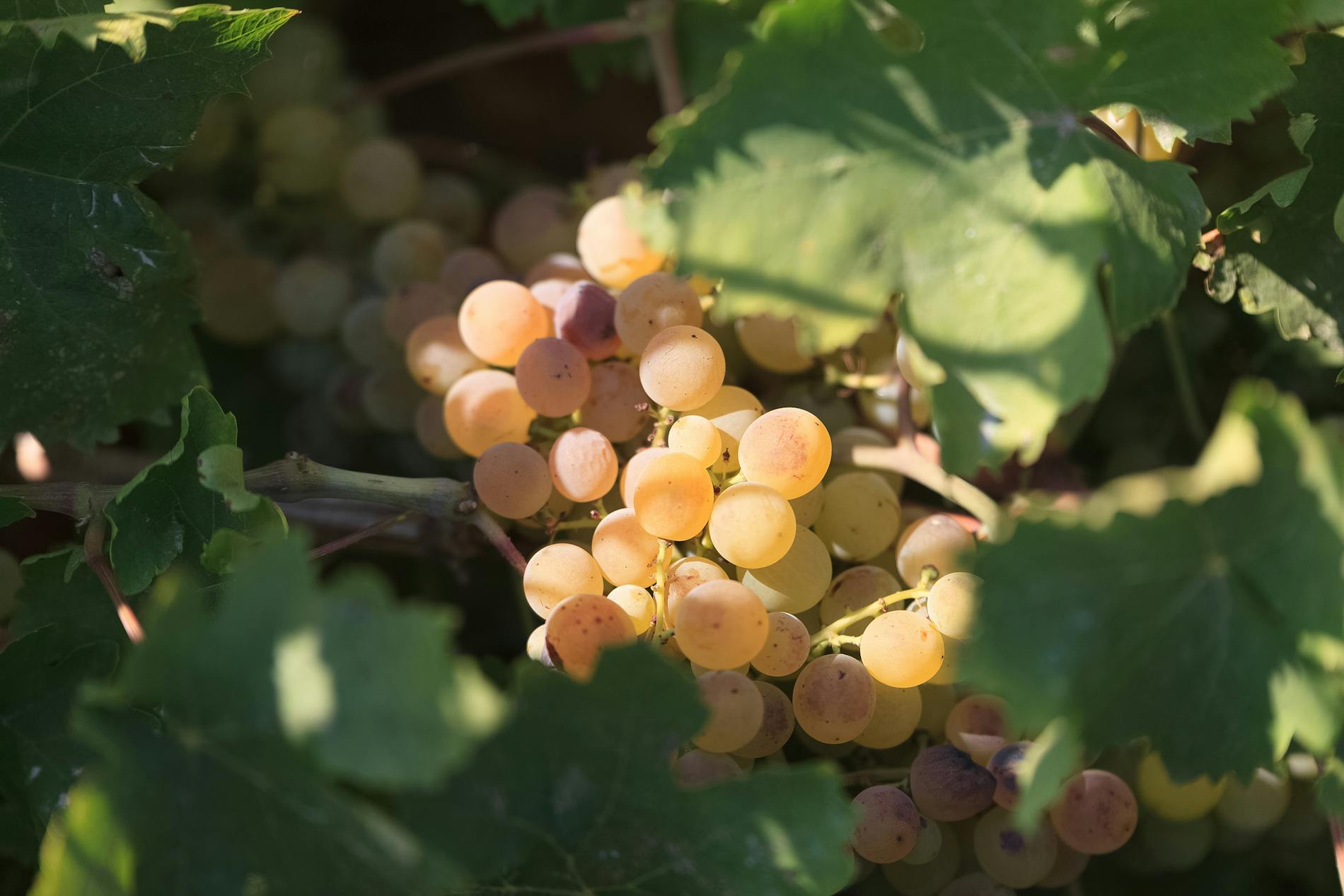
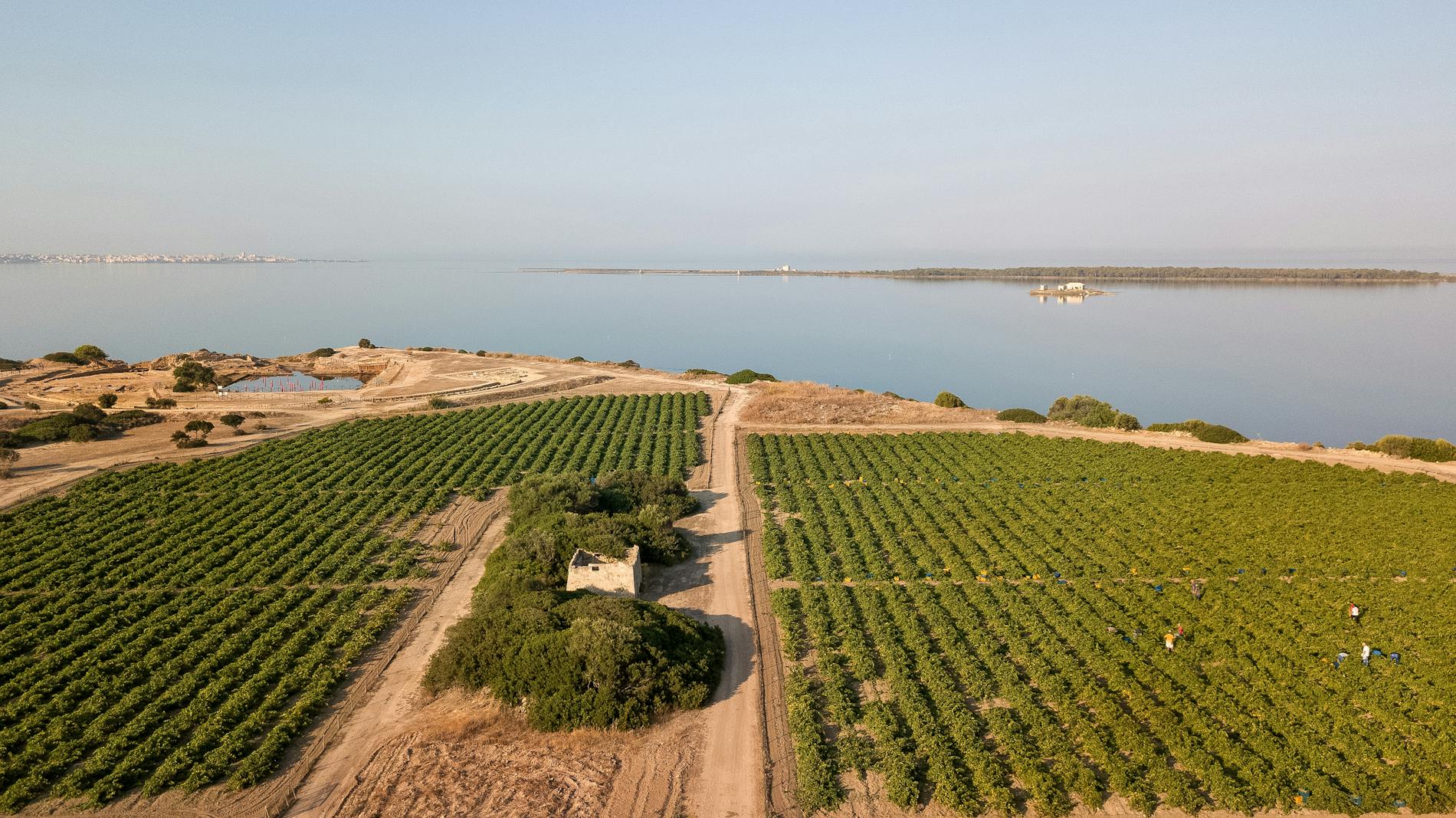
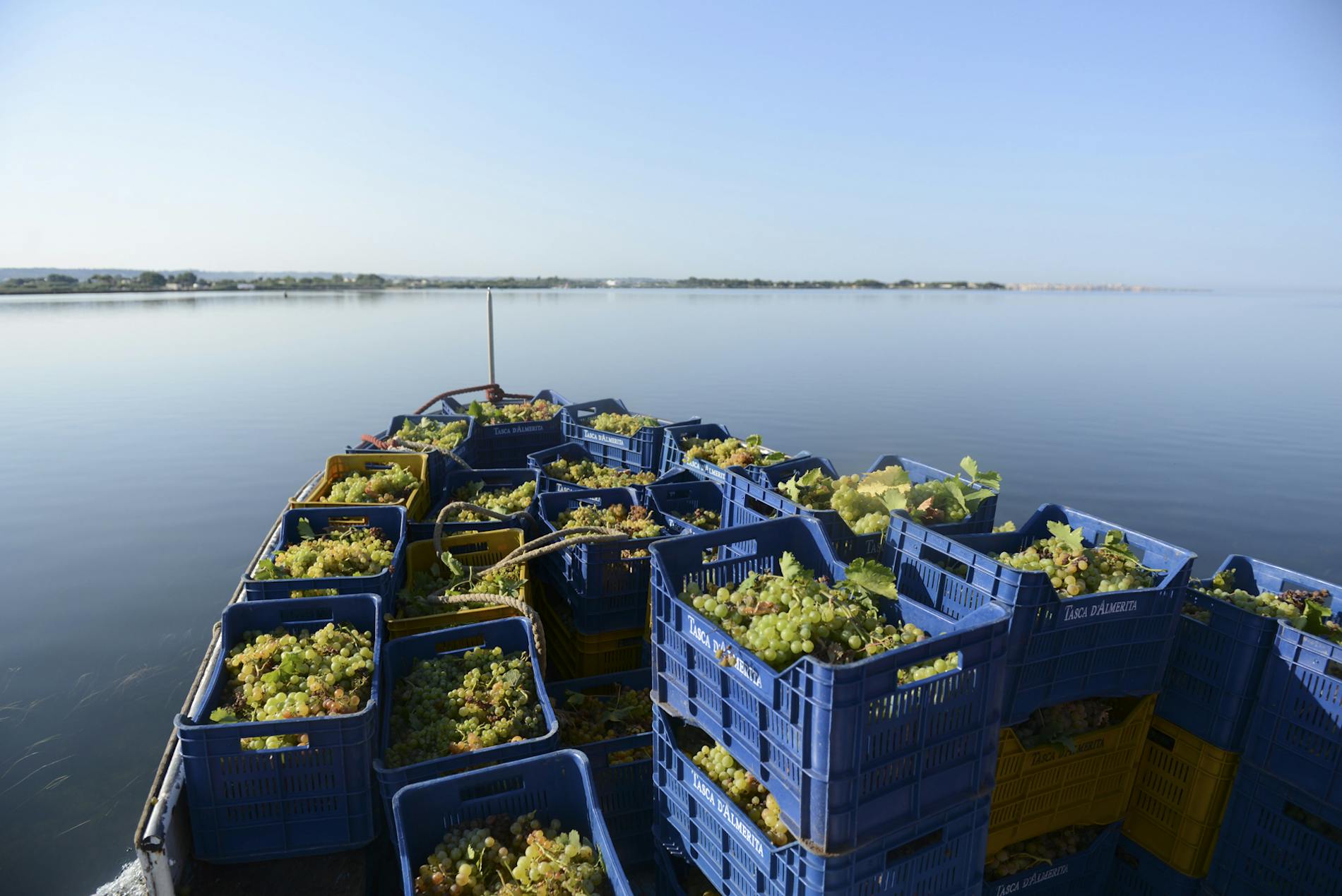
There are 11 hectares of vineyards in production, in a place without electricity and no fresh water for irrigation. The island is at the center of one of the windiest brackish lagoon of the Mediterranean. The land is shaped by terraces with a marine origin, the soils are sandy, loose and very draining. The bush training system is the only type that can be used: its modest areal growth requires less water resources . The vines are pruned using a local technique known as “alla marsalese”, which consists of weaving together two long shoots forming a pair of small aches, which protect the grapes from the sea breezes and the blinding sunlights.
Given that on the island there are no cellars, Tasca d'Almerita will transport the harvested grapes to Tenuta Regaleali for vinification: picked at sunrise in small crates, they are immediately transporters to the mainland with small flatbed boats from the Lagoon to the coast, where refrigerated trucks will transport the harvest to Regaleali. The Grillo variety perfectly adapts to the extreme heat in Marsala and is quite resistant to diseases, at the same time conserving the notable qualities of the grapes.
The extra vergin olive oil
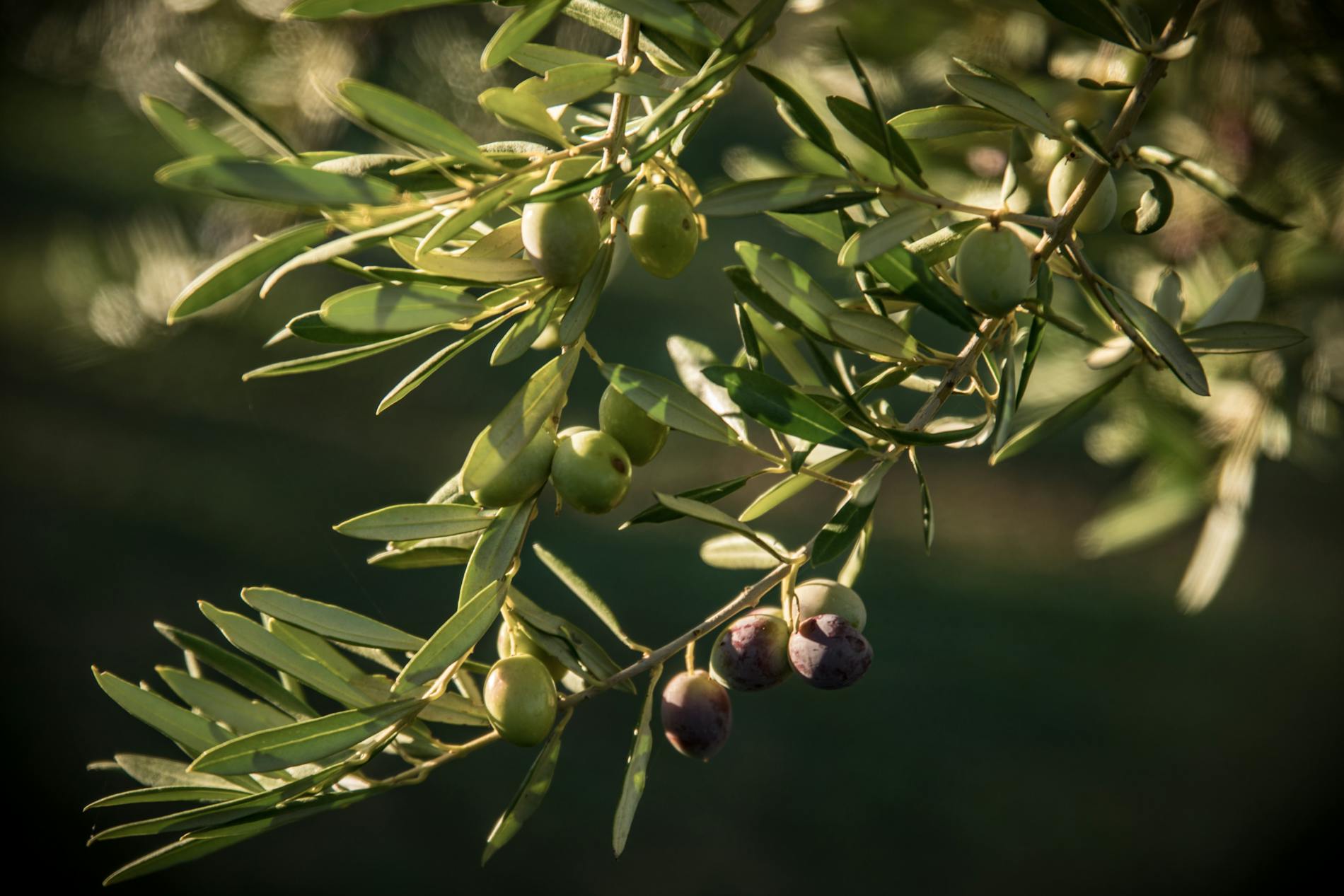
Like wine, the production of olive oil is an opportunity to illustrate the essence of Sicily and the uniqueness of Tascante estate. Oil and wine have played leading roles in Sicily since the Greeks and have been integral to the stories and territories of the island. The olive trees - symbols of light, nourishment, and health - were planted by the ancient farmers even before the vines.
Tasca d'Almerita began studying the typical varieties in the areas with the aim of describing their characteristics and qualities.
The olive trees that inhabit the Phoenician archeological site on Mozia Island are representative of the most famous indigenous varieties in Sicily. The olives harvested are pressed with a continuous cycle cold press.
